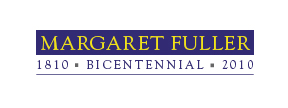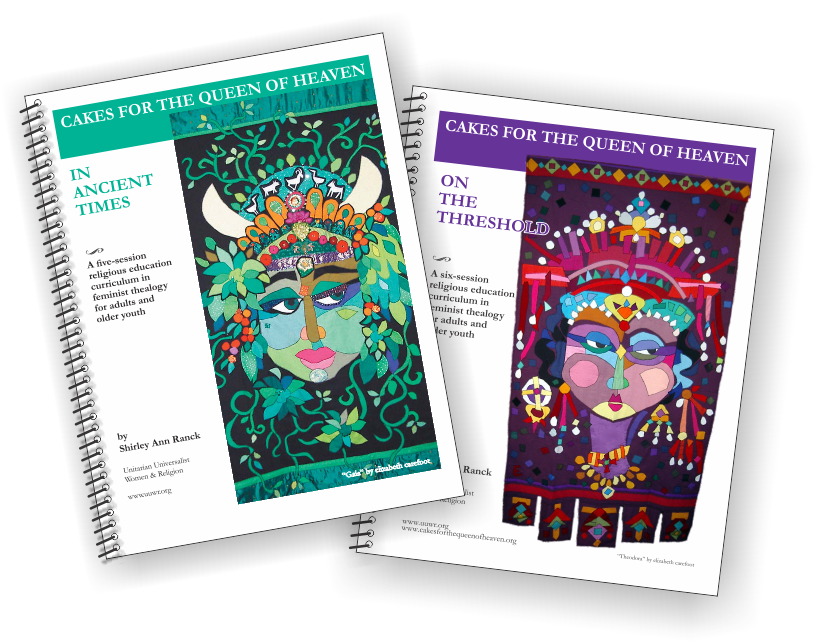FOR IMMEDIATE RELEASE
Press Contact: Carla A. Gomez
(978) 502-3113
margaretfullerpr@gmail.com
NEW EXHIBIT AND GALLERY TALK SHOWCASE GROUNDBREAKING ICON
“WHY MARGARET FULLER MATTERS” opens April 21st in the Koussevitzsky Room at the Boston Public Library
Gallery Talk “In Her Own Words: Margaret Fuller 1834-1846” April 21st from 11:00 A.M. to 12:00 P.M.
Boston, MA, April 7, 2010 –
“Why Margaret Fuller Matters,” a text-and-image display that explains the impact of this important nineteenth-century figure, opens Wednesday, April 21st with a gallery talk at the Boston Public Library. The exhibit includes a ten-panel display, covering Fuller’s thinking and effect on the world around her. It answers the fundamental question of why this nineteenth-century figure remains important two centuries after her birth.
“It was an honor and a challenge to tell Fuller’s truly inspiring story,” says display creator Bonnie Hurd Smith, “and I hope people will walk away with a sense of gratitude for what she did. There are very few individuals to whom we can point and say, ‘that person changed the world,’ and Fuller is one of them.”
A companion exhibit, “In Her Own Words: Margaret Fuller, 1834-1846,” on display in the BPL’s Rare Books Department, includes objects from the BPL’s collection relevant to Fuller’s life, work, and legacy. Sponsors for the exhibits include the Margaret Fuller Bicentennial Committee, Boston Public Library Rare Books Department, Boston Women’s Commission, and the Boston Women’s Heritage Trail.
On April 21st at 11:00 a.m., Kimberly Reynolds, Curator of Manuscripts, will speak about Fuller in the Koussevitzsky Room adjacent to the Rare Books Lobby. “Margaret Fuller made an enormous contribution to the development of American Literature through her influential book reviews, which appeared in the Dial and the New-York Tribune, and earned her the respect of a large circle of writers and poets, including Walt Whitman,” says Ms. Reynolds. “Many believe she helped shape a new national identity in American Literature.”
Margaret Fuller was born on May 23, 1810, in Cambridge, Massachusetts, and was a groundbreaking editor, critic, author, journalist, and champion of women’s rights. She led a series of “Conversations” in Boston that educated women (and later men) of her day and galvanized social reformers. Her legacy to future generations is the subject of ongoing inquiry for scholars and the general public alike. “Margaret Fuller was the original’s original. She did more in her short forty years in the mid-nineteenth century than most of us could even imagine doing. She was a thinker, an activist, a devoted friend, a brilliant conversationalist, and gutsy beyond compare,” says Jessica Lipnack, co-chair of the Margaret Fuller Bicentennial Committee.
Fuller is perhaps best known for her revolutionary treatise, Woman in the Nineteenth Century, widely considered the first book on women's rights by an American. She was the first female journalist for the New-York Tribune as well its first female foreign correspondent. She served as the first editor of the Transcendentalist journal the Dial and was the first woman granted privileges to Harvard’s library to pursue research.
The gallery talk and exhibit are part of a year-long series of events celebrating Fuller’s life and work. They are free and open to the public. For a complete list of the other programs in the series, please visit: www.margaretfuller.org.
###












